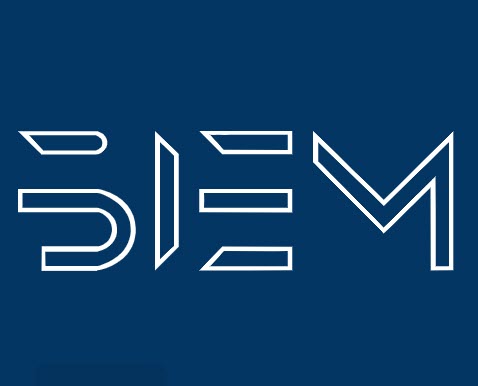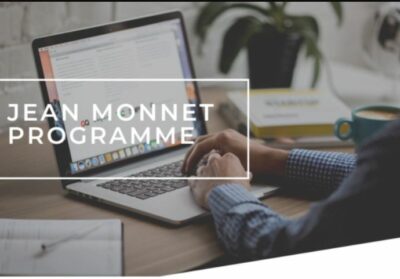This course aims to enhance the employability potential via strengthening cross-sectoral market-oriented skills relevant to the EU job market, standards and values.
Course tasks are:
- to introduce a profound understanding of the main dimensions of European Skills Agenda;
- to build awareness of the EU grants range in relation to different spheres and needs;
- to develop cross-cultural competence, and personal communication skills and enhance stress tolerance to increase chances to get jobs in European companies;
- to acquaint with the role of analysis and reporting in grant projects in accordance with EU requirements and ensure the publicity and transparency of such reporting.
The course consists of thematic blocks:
- EU Grants Within a 2021-2027 Programming Period to Increase the Scope of Professional Opportunities.
- Professional Skills Assessment and Presentation for Job Application according to EU Standards.
- Cross-cultural Competence for Business Communications in international companies: the Case of EU Countries.
- Public and Grants Project Reporting: EU Experience.
Course lecturers:
Yuliya Serpeninova – head of the Department of accounting and taxation;
Oksana Zamora – associate professor of the department of international economic relations; Nataliya Vynnychenko – assistant professor of the department of accounting and taxation;
Tetyana Shcherbyna – associate professor of the department of international economic relations.
Learning will take place in an asynchronous mode on the educational resource of SSU «Examinerium». The asynchronous learning mode will allow to independently plan your study schedule and familiarize yourself with the course materials at your own pace.
After completing the course, you will receive a certificate from Erasmus+ of the Jean Monet module in 1 ECTS.
You can join the online course by following the link: https://examenarium.sumdu.edu.ua/free_study/join/295
This course is implemented within the framework of the module «EU Experiences for Enhancing Youth Employability through Professional Skills Development», funded by the Erasmus+ programme (ERASMUS – JMO -2021-MODULE -SKILLS4JOB-101047867).
Funded by the European Union. Views and opinions expressed are however those of the author(s) only and do not necessarily reflect those of the European Union or the European Education and Culture Executive Agency (EACEA). Neither the European Union nor EACEA can be held responsible for them.

